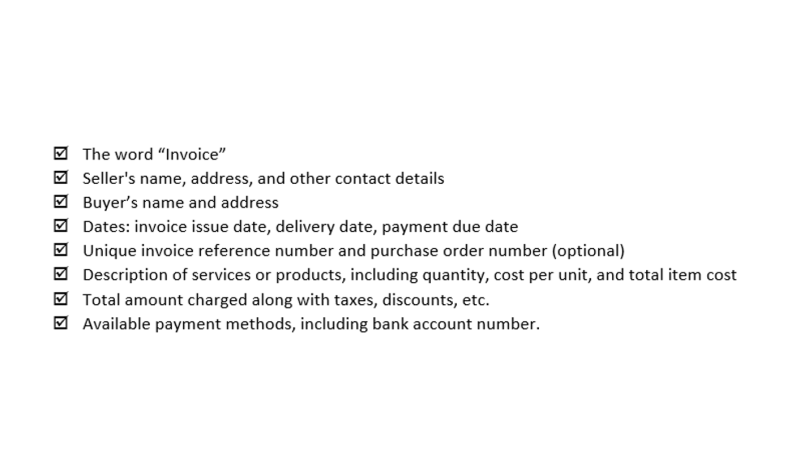Bookkeeping Basics for Small Business Owners: Everything You Need to Start Doing Your Own Bookkeeping Bench Accounting

Completing a certification program can set candidates apart from others who are also looking for bookkeeping jobs. Revenue refers to all the income that comes into the business after selling products and services. Equity refers to the ownership of the business owners and investors in the company.
Create and maintain financial records
- In addition, these tools are efficient in streamlining tedious processes and providing valuable insights into the company’s financial health.
- When deciding whether to hire a bookkeeper or an accountant, consider your financial complexity and available resources.
- There are several types of business bank accounts, each with its own purpose and benefits.
- Once the invoice has been presented, the amount of the sale is now owed to you.
- Select the correct tools for categorising transactions into various heads like assets, liabilities, revenue, expenses, and equity.
- By following these best practices, businesses can ensure accurate financial records and make informed financial decisions.
- Under single-entry, journal entries are recorded once, as either an expense or income.
Making sure your records are well-organized can save you a big headache if you’re ever subjected to an audit. Accurate, up-to-date bookkeeping is the backbone of any successful small business. No matter what type of business you operate, an understanding of bookkeeping best practices is essential for How to Meet Your Bookkeeping Needs keeping your business running smoothly, now and in the future.
- Understanding key accounting principles, like accrual accounting or the matching principle, will help you interpret financial statements and make informed decisions.
- FreshBooks is suitable for small business owners, self-employed professionals, freelancers, and businesses with employees.
- Instead, these balances are shifted to retained earnings of your business or owner’s capital account.
- The business owner has an investment, and it may be the only investment in the firm.
- These tools make it easy to maintain accurate records at the click of a button.
- Bookkeepers are responsible for recording, classifying, and organizing every financial transaction that is made through the course of business operations.
- This entry records the fact that the store has purchased $1,000 worth of merchandise and that it owes $1,000 to its credit card company.
Your financial transactions

By keeping these tips in mind, you’ll find managing your business’s finances easier and less stressful. Whether you handle bookkeeping yourself or get outside help, the key is to stay informed and make smart decisions for your business. Setting up bookkeeping for a small business is crucial for accurately and efficiently tracking finances. This is considered one of the most important papers every business owner should have.
- The content on this website is provided “as is;” no representations are made that the content is error-free.
- Under cash accounting, you record transactions only once money has exchanged hands.
- Double-entry systems include a field for debits and credits so any transaction that is recorded on one statement can also be recorded on the corresponding account.
- Completing a certification program can set candidates apart from others who are also looking for bookkeeping jobs.
- For every new small business, it might not make sense to hire a bookkeeper straight away.
Tracking Errors

As you balance Accounts Receivable against Accounts Payable, the result is your net income. Divide this amount by net sales amount to obtain your profit margin. If the ratio of income to debt is small, you’re operating with https://www.bookstime.com/ a narrow profit margin.
Accounting
At Xendoo, we understand the importance of having a comprehensive understanding of bookkeeping basics. That’s why we offer financial bookkeeping Service, which is designed to help bookkeepers and businesses stay on top of their finances with net sales ease. Beyond just tracking numbers, a good bookkeeper can provide valuable insights into your business’s financial health.

Basic financial statements, like income statement, balance sheet, and cash flow statement, help in understanding the financial position of your business. Small businesses also manage their own accounts receivable to make sure they get paid on time for goods and services that have already been bought or rendered. The process involves sending estimates and invoices and keeping track of due dates. Some accounting software comes with invoicing features, like automated payment reminders, or you may opt for separate invoicing software. Keep in mind, single-entry bookkeeping’s simplicity doesn’t allow for GAAP conformation.


